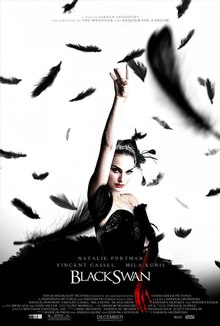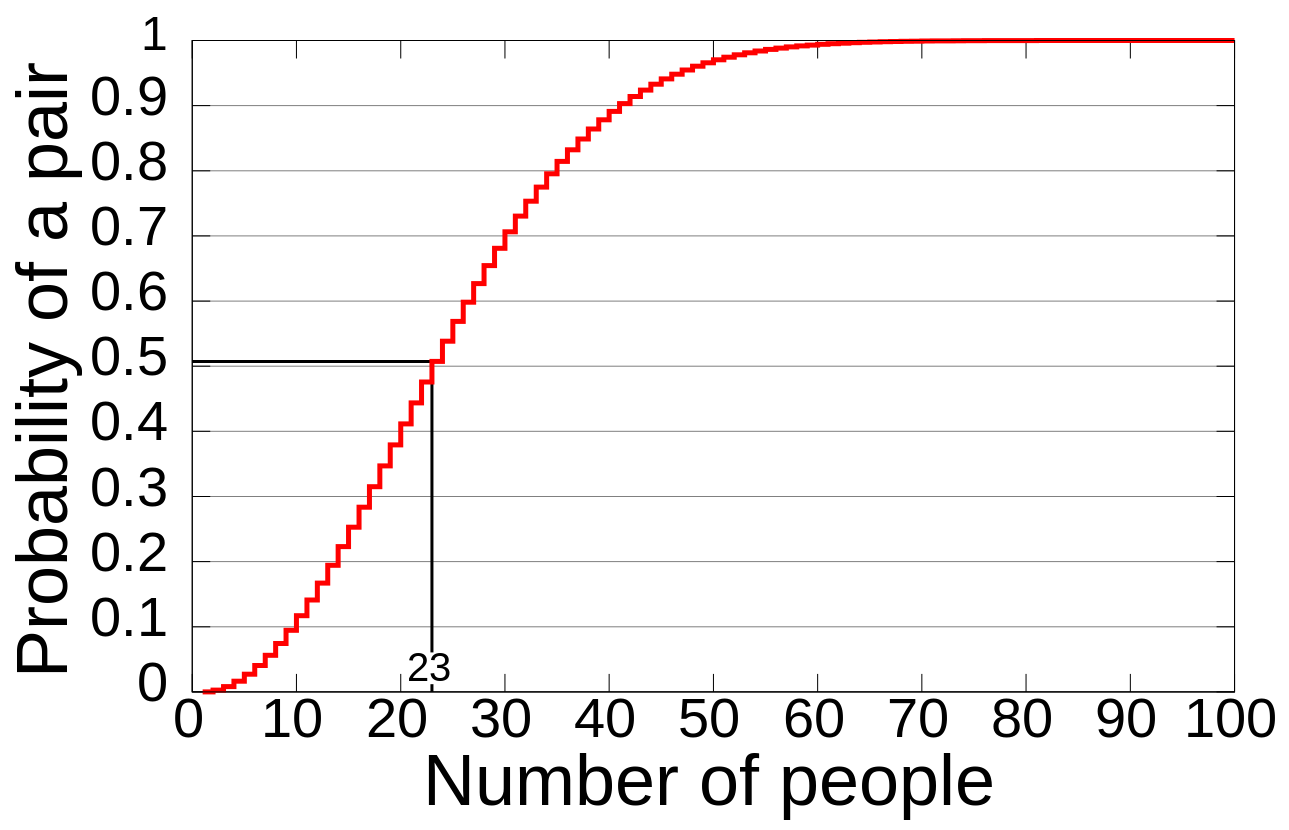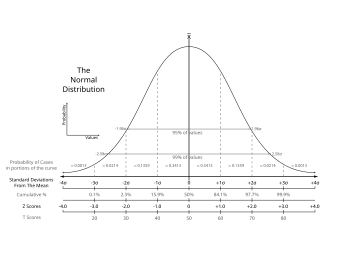 One of our favorite thinkers (and authors) here at theDiagonal is Nassim Taleb. His new work entitled Antifragile expands on ideas that he first described in his bestseller Black Swan.
One of our favorite thinkers (and authors) here at theDiagonal is Nassim Taleb. His new work entitled Antifragile expands on ideas that he first described in his bestseller Black Swan.
Based on humanity’s need to find order and patterns out of chaos, and proclivity to seek causality where none exists we’ll need several more books from him before his profound and yet common-sense ideas sink in. In his latest work, Taleb shows how the improbable and unpredictable lie at the foundation of our universe.
[div class=attrib]From the Guardian:[end-div]
Now much does Nassim Taleb dislike journalists? Let me count the ways. “An erudite is someone who displays less than he knows; a journalist or consultant the opposite.” “This business of journalism is about pure entertainment, not the search for the truth.” “Most so-called writers keep writing and writing with the hope, some day, to find something to say.” He disliked them before, but after he predicted the financial crash in his 2007 book, The Black Swan, a book that became a global bestseller, his antipathy reached new heights. He has dozens and dozens of quotes on the subject, and if that’s too obtuse for us non-erudites, his online home page puts it even plainer: “I beg journalists and members of the media to leave me alone.”
He’s not wildly keen on appointments either. In his new book, Antifragile, he writes that he never makes them because a date in the calendar “makes me feel like a prisoner”.
So imagine, if you will, how keenly he must be looking forward to the prospect of a pre-arranged appointment to meet me, a journalist. I approach our lunch meeting, at the Polytechnic Institute of New York University where he’s the “distinguished professor of risk engineering”, as one might approach a sleeping bear: gingerly. And with a certain degree of fear. And yet there he is, striding into the faculty lobby in a jacket and Steve Jobs turtleneck (“I want you to write down that I started wearing them before he did. I want that to be known.”), smiling and effusive.
First, though, he has to have his photo taken. He claims it’s the first time he’s allowed it in three years, and has allotted just 10 minutes for it, though in the end it’s more like five. “The last guy I had was a fucking dick. He wanted to be artsy fartsy,” he tells the photographer, Mike McGregor. “You’re OK.”
Being artsy fartsy, I will learn, is even lower down the scale of Nassim Taleb pet hates than journalists. But then, being contradictory about what one hates and despises and loves and admires is actually another key Nassim Taleb trait.
In print, the hating and despising is there for all to see: he’s forever having spats and fights. When he’s not slagging off the Nobel prize for economics (a “fraud”), bankers (“I have a physical allergy to them”) and the academic establishment (he has it in for something he calls the “Soviet-Harvard illusion”), he’s trading blows with Steven Pinker (“clueless”), and a random reviewer on Amazon, who he took to his Twitter stream to berate. And this is just in the last week.
And yet here he is, chatting away, surprisingly friendly and approachable. When I say as much as we walk to the restaurant, he asks, “What do you mean?”
“In your book, you’re quite…” and I struggle to find the right word, “grumpy”.
He shrugs. “When you write, you don’t have the social constraints of having people in front of you, so you talk about abstract matters.”
Social constraints, it turns out, have their uses. And he’s an excellent host. We go to his regular restaurant, a no-nonsense, Italian-run, canteen-like place, a few yards from his faculty in central Brooklyn, and he insists that I order a glass of wine.
“And what’ll you have?” asks the waitress.
“I’ll take a coffee,” he says.
“What?” I say. “No way! You can’t trick me into ordering a glass of wine and then have coffee.” It’s like flunking lesson #101 at interviewing school, though in the end he relents and has not one but two glasses and a plate of “pasta without pasta” (though strictly speaking you could call it “mixed vegetables and chicken”), and attacks the bread basket “because it doesn’t have any calories here in Brooklyn”.
But then, having read his latest book, I actually know an awful lot about his diet. How he doesn’t eat sugar, any fruits which “don’t have a Greek or Hebrew name” or any liquid which is less than 1,000 years old. Just as I know that he doesn’t like air-conditioning, soccer moms, sunscreen and copy editors. That he believes the “non-natural” has to prove its harmlessness. That America tranquillises its children with drugs and pathologises sadness. That he values honour above all things, banging on about it so much that at times he comes across as a medieval knight who’s got lost somewhere in the space-time continuum. And that several times a week he goes and lifts weights in a basement gym with a bunch of doormen.
He says that after the financial crisis he received “all manner of threats” and at one time was advised to “stock up on bodyguards”. Instead, “I found it more appealing to look like one”. Now, he writes, when he’s harassed by limo drivers in the arrival hall at JFK, “I calmly tell them to fuck off.”
Taleb started out as a trader, worked as a quantitative analyst and ran his own investment firm, but the more he studied statistics, the more he became convinced that the entire financial system was a keg of dynamite that was ready to blow. In The Black Swan he argued that modernity is too complex to understand, and “Black Swan” events – hitherto unknown and unpredicted shocks – will always occur.
What’s more, because of the complexity of the system, if one bank went down, they all would. The book sold 3m copies. And months later, of course, this was more or less exactly what happened. Overnight, he went from lone-voice-in-the-wilderness, spouting off-the-wall theories, to the great seer of the modern age.
Antifragile, the follow-up, is his most important work so far, he says. It takes the central idea of The Black Swan and expands it to encompass almost every other aspect of life, from the 19th century rise of the nation state to what to eat for breakfast (fresh air, as a general rule).
[div class-attrib]Read the entire article following the jump.[end-div]
[div class=attrib]Image: Black Swan, the movie, not the book by the same name by Nassim Taleb. Courtesy of Wkipedia.[end-div]


 One of our favorite thinkers (and authors) here at theDiagonal is Nassim Taleb. His new work entitled Antifragile expands on ideas that he first described in his bestseller Black Swan.
One of our favorite thinkers (and authors) here at theDiagonal is Nassim Taleb. His new work entitled Antifragile expands on ideas that he first described in his bestseller Black Swan.
 [div class=attrib]From Rationally Speaking:[end-div]
[div class=attrib]From Rationally Speaking:[end-div]